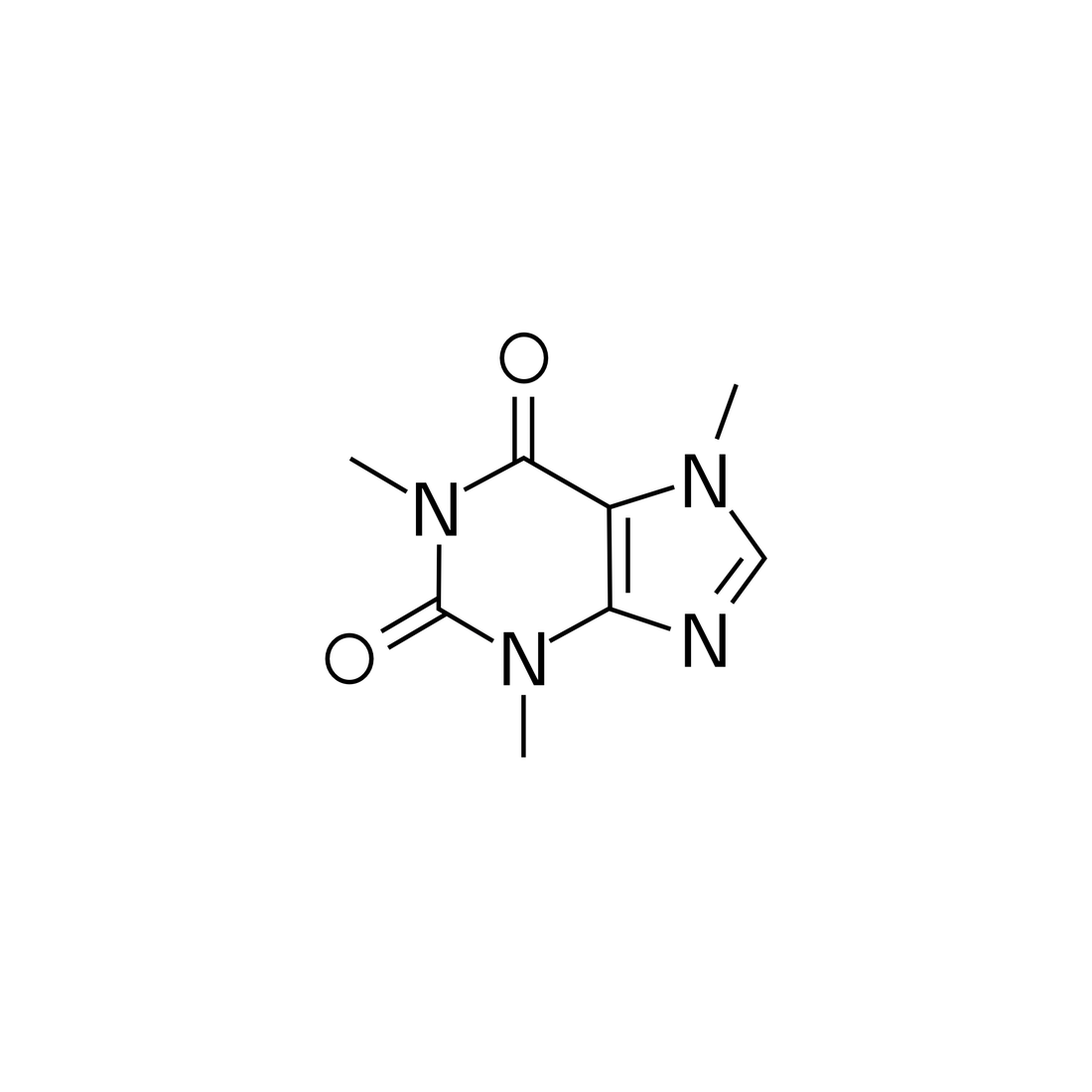
COFFEE × Caffeine
COFFEE × CAFFEINE
Coffee, caffeine, and the body.
A question I am often asked is, "How many cups of coffee can I drink a day?"
The bottom line is that the appropriate amount of caffeine intake varies from person to person, so it's difficult to generalize.
It is generally known that coffee contains a lot of caffeine, but not much is known about the actual effects it has on the body. Here, we will briefly discuss the most up-to-date information based on multiple meta-analyses, including those for Japanese people, as well as overseas studies.
Firstly, caffeine sensitivity is individual, meaning that each person has a different tolerance, so you need to know which group you fall into.
Caffeine Sensitivity
1. High caffeine sensitivity = People who experience side effects such as insomnia or anxiety even with less than 100 mg of caffeine
2. Moderate caffeine sensitivity = 200mg to 400mg. People who experience side effects if they consume more than that.
3. Low caffeine sensitivity = People who do not experience side effects even if they consume large amounts
People can be broadly divided into the above three groups, but please note that there are individual differences and this is only a guideline.
Those in group 1 should limit themselves to one cup per day . Those in group 2 should limit themselves to three to four cups . Those in group 3 can consume five or more cups without any problems, but there is always a limit, so consuming too much is a no-no.
Side effects include palpitations, headaches, sleep disorders, anxiety, and restlessness.
According to a meta-analysis of approximately 90,000 Japanese people, people who drink coffee (including decaf) every day have a lower risk of all-cause mortality than people who do not drink coffee at all.
Percentage of reduction in risk of all-cause mortality due to coffee drinking
Average of 1 cup or less per day = 9%
2 cups = 15%
3-4 cups = 24%
5 or more cups = 15%
In both cases, the overall risk of death was found to be lower than in those who did not drink coffee at all. In addition, not only caffeine but also the polyphenols and chlorogenic acid contained in coffee have a positive effect on the body. Representative effects include reduced risk of stroke, dementia, heart disease, and diabetes, prevention of cancer and depression, anti-aging, and diet effects.
It may not be an exaggeration to say that it is like taking medicine.
People who should limit their coffee intake or switch to decaffeinated drinks
Pregnant women are thought to be more sensitive to caffeine. Considering the effects on the fetus, it is best to limit your intake or go decaffeinated. People with high blood pressure should also be careful. Several studies have shown that caffeine has a negative effect on people with high blood pressure. People who suffer from insomnia should also avoid caffeine. Although it varies from person to person, the half-life of caffeine is said to be 4 to 5 hours. In other words, if you take 100 mg of caffeine, 50 mg of caffeine will remain in your body after 5 hours. People in the high caffeine sensitivity group who suffer from insomnia may be better off limiting their intake to the morning or switching to decaffeinated coffee.
Caffeine can be harmful if consumed in excess, but this is not limited to caffeine. We hope you will find out the appropriate amount for you and enjoy coffee within that range.
